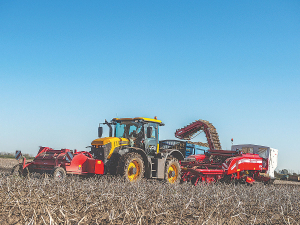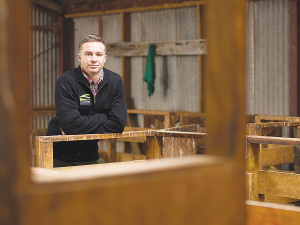Given that the Australian tractor and machinery market saw meteoric sales in 2021 and 2022, it was always expected that 2023 would be a little tempered.
December followed a pattern of declines seen earlier in the year, with tractor sales for the month at around 1100 units and 35% behind the same month last year, bringing the year-to-date figure to 14,500, a 25% fall over the same period in 2022.
The picture was a little brighter in dollar terms, with sales 13% ahead of the same month last year, but ending the year 14.5% in arrears of 2022, suggesting that the biggest declines had occurred in the smaller size ranges.
Deficits were experienced in all categories, with the only exception being the over 200hp (150kW) range which climbed 117% on the same month last year and finished the year just 6% behind 2023. Much of the activity for larger tractors appears to have occurred in Western Australia, where a late rush to deliver machines by year end played a part in the final tally.
The under 40hp (30kW) category was down 56% for the month of December and is now 30% behind 2022, with industry experts noting that this “leisure” market has always been susceptible to interest rate rises, which had driven the result.
In the 40 to 100hp (30-75kW) sector, the result for the last month of the year was down 45% and finished 28% behind year to date, while the 100 to 200hp (75-150kW) category was down 37%, ending 26% behind YTD.
Around the country, all states experienced significant drops in December, with Queensland, down 33% month-onmonth against 2022 and 23% behind for the year. NSW was down 35% to be 27% off YTD, while Victoria was off 49% and ended 31% behind the last year.
Sales in Western Australia were down 8% and ended 18% behind last year; South Australia was down 15% against the same month last year, 16% behind full year; Tasmania was off 30% for the month, 22% full year; with sales in the NT finishing 19% down for the year.
Sales of combine harvesters finished the year strongly, taking the full year tally to just under 1100 units, down 7% on 2022, while baler sales continued mixed fortunes throughout the year, down 20% on December and finishing the year just two units under last year’s total.
The outlook for 2024 suggests a return to more ‘normal’ levels, however the combination of things like the El Nino effect and ongoing supply chain challenges makes accurate forecasting as challenging as it has ever been.



















